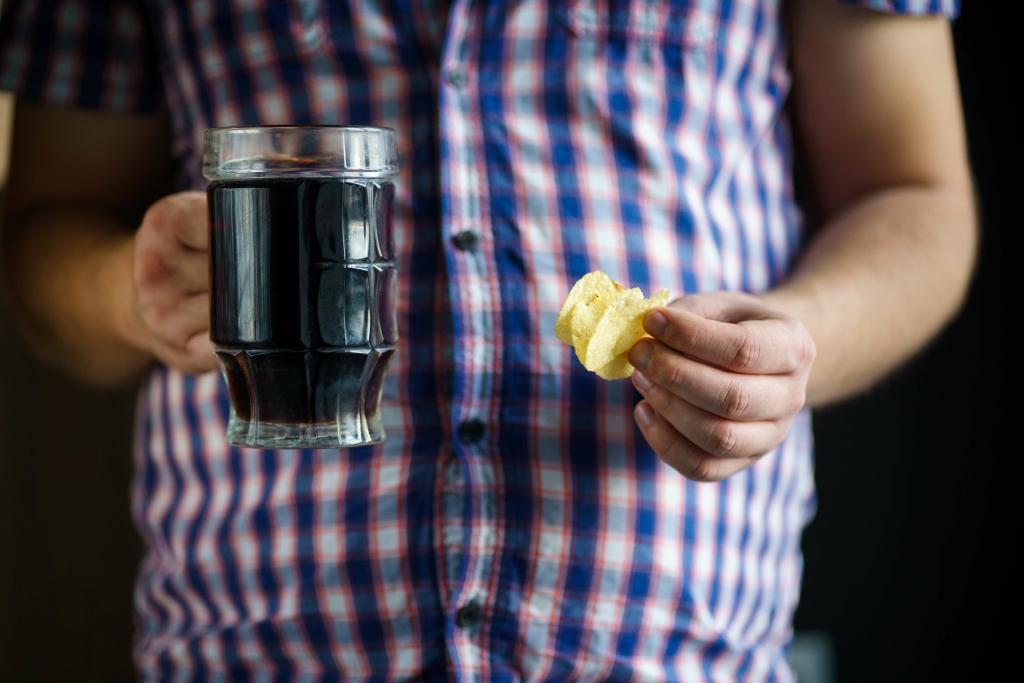Most people start to feel the effects of alcohol within minutes of consuming a drink, depending on their body size, metabolism, and whether they’ve eaten beforehand. When someone experiences alcohol poisoning, their body becomes overwhelmed by the amount of alcohol in their system. This condition can lead to severe health complications, including coma or death if left untreated. It’s critical to recognize the symptoms early and take immediate action. Drunk individuals often slur their words as alcohol impairs the brain’s ability to control fine motor movements, including speech. The way you feel changes depending on how much alcohol you’ve consumed, how fast you drank it, and your body’s individual reactions.

How Alcohol Affects the Brain and Body

In this article, learn about how it feels to be drunk according to blood alcohol content (BAC) level. The effects of alcohol can last from a few hours to longer, depending on various factors, including the amount consumed, individual metabolism, and overall health. However, the social context can also contribute to risky behaviors, such as binge drinking or drinking and driving. Understanding the influence of social http://www.xliby.ru/kulturologija/o_prave_na_kriticheskuyu_ocenku_gomoseksualizma_i_o_zakonnyh_ogranichenijah_navjazyvanija_gomoseksualizma/p8.php settings on drinking behavior is crucial for promoting healthier drinking habits.
- Indeed, at a BAC of .45 or above, you are probably going to die from alcohol poisoning.
- We strive to create content that is clear, concise, and easy to understand.
- Alcohol limits ADH production, which brings us to our next body part.
Rate of Alcohol Consumption

This means it’s not produced on its own, but as a result of another process. Alcohol starts entering your bloodstream through small blood vessels in your mouth and tongue before traveling through your digestive system. Depending on a person’s BAC, it may not be safe to let them sleep unsupervised. It takes about 1 hour for the average adult to process one unit of alcohol, which is 10 milliliters (ml) or 8 grams. An estimated 84% of adults in the United States ages 18 years and older have consumed alcohol.

Negative Social Interactions
- Alcohol acts as a depressant, affecting the central nervous system and altering brain function.
- Being drunk refers to the state of intoxication resulting from the consumption of alcohol.
- Sleeping off a night of drinking might help you feel better the next day, but alcohol continues to affect your body even while you sleep.
- The effects of alcohol can last from a few hours to longer, depending on various factors, including the amount consumed and individual metabolism.
Alcohol can help reduce social anxiety, making it easier for individuals to connect with others and participate in group activities. As drinking continues (2-4 drinks for women, 3-5 for men), emotional instability may arise. Recognizing the signs of alcohol dependence or addiction is important. Some common signs include an inability to control alcohol intake, experiencing withdrawal symptoms when not drinking, and neglecting responsibilities due to alcohol use. If you or a loved one are experiencing these symptoms, it’s important to reach out to a healthcare professional or addiction specialist for help. Alcohol’s effect on emotions and behavior can be unpredictable, varying from person to person.

Effects of alcohol
They may feel slightly more relaxed but are still in control of their actions. The stages range from sobriety to potential death, with each stage https://ya-zhenschina.online/ya-i-deti/beremennost-i-rody/ characterized by specific emotional and physical symptoms. In a positive social context, drinking can lead to enjoyable experiences and stronger social bonds.
Discover the 5 advantages of inpatient drug rehab for comprehensive care, support, and long-term recovery.
- When a person’s BAC reaches 0.35 to 0.50, there is a high chance of a coma.
- Factors influencing how a person feels include their general health, body size, how quickly they drink, and whether they have eaten food.
- Alcohol enters your bloodstream within minutes of your first sip, affecting your brain and body almost immediately.
- Alcohol affects the brain’s ability to process information efficiently, leading to difficulties in concentration, memory recall, and problem-solving.
- One of the reasons people enjoy drinking is that it boosts dopamine levels in the brain, leading to feelings of happiness and confidence.
- You’ve knocked back a few drinks and things start looking a little fuzzy.
If you find that you http://classifields.ru/37/?field=476249 need more alcohol to feel its effects, it might be time to take a closer look at your drinking habits. The consumption of alcohol directly influences specific processes of the brain, the command center of the body, which results in feeling inebriated. Frequent drinking can lead to long-term psychological effects such as depression, anxiety, and increased risk of developing alcohol dependence.

















Leave a comment